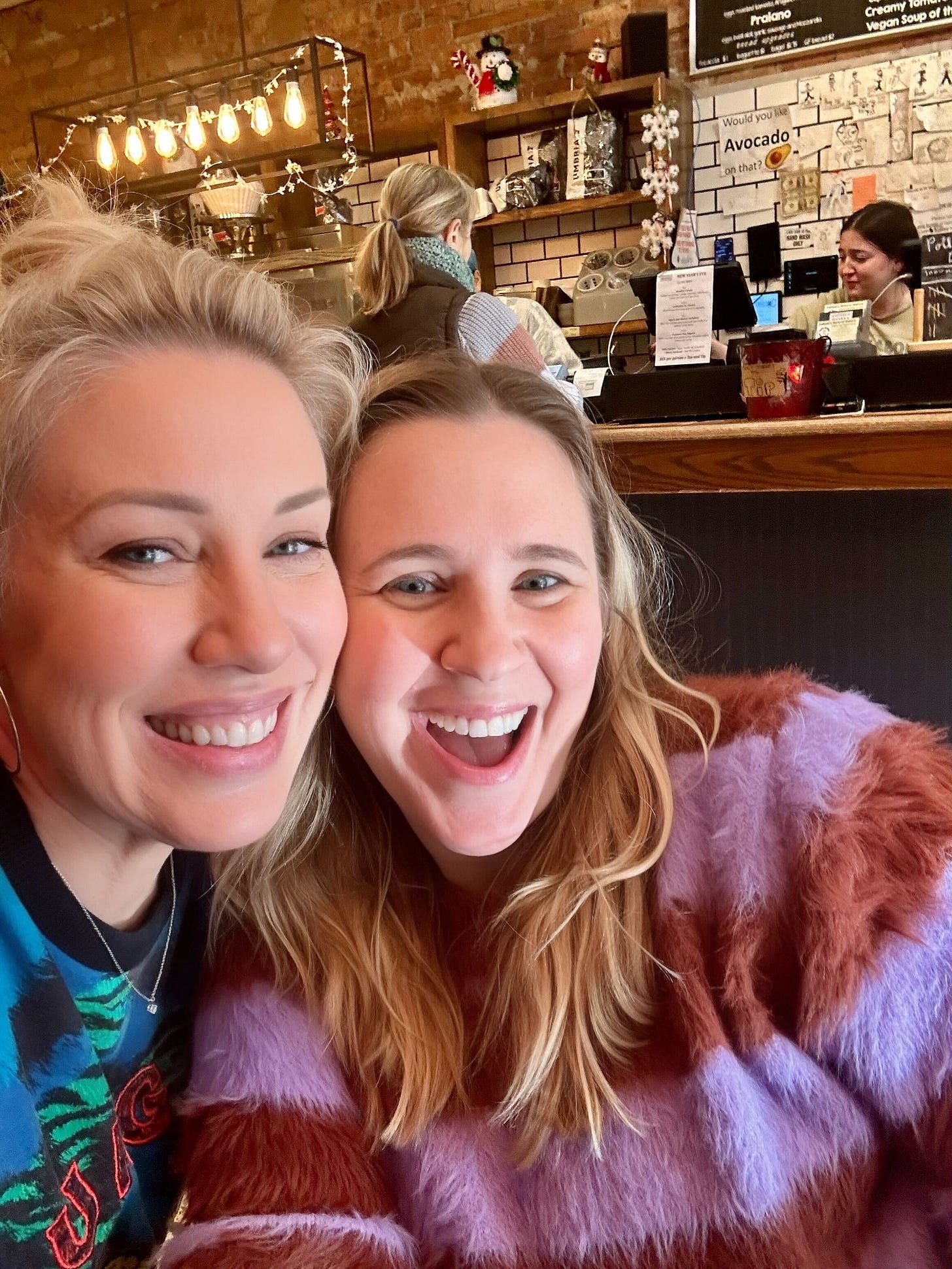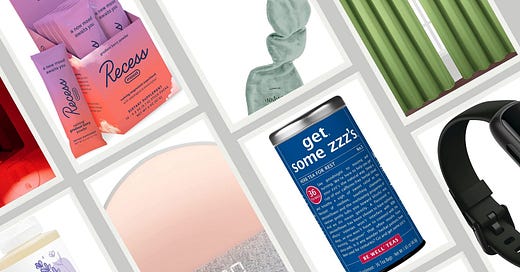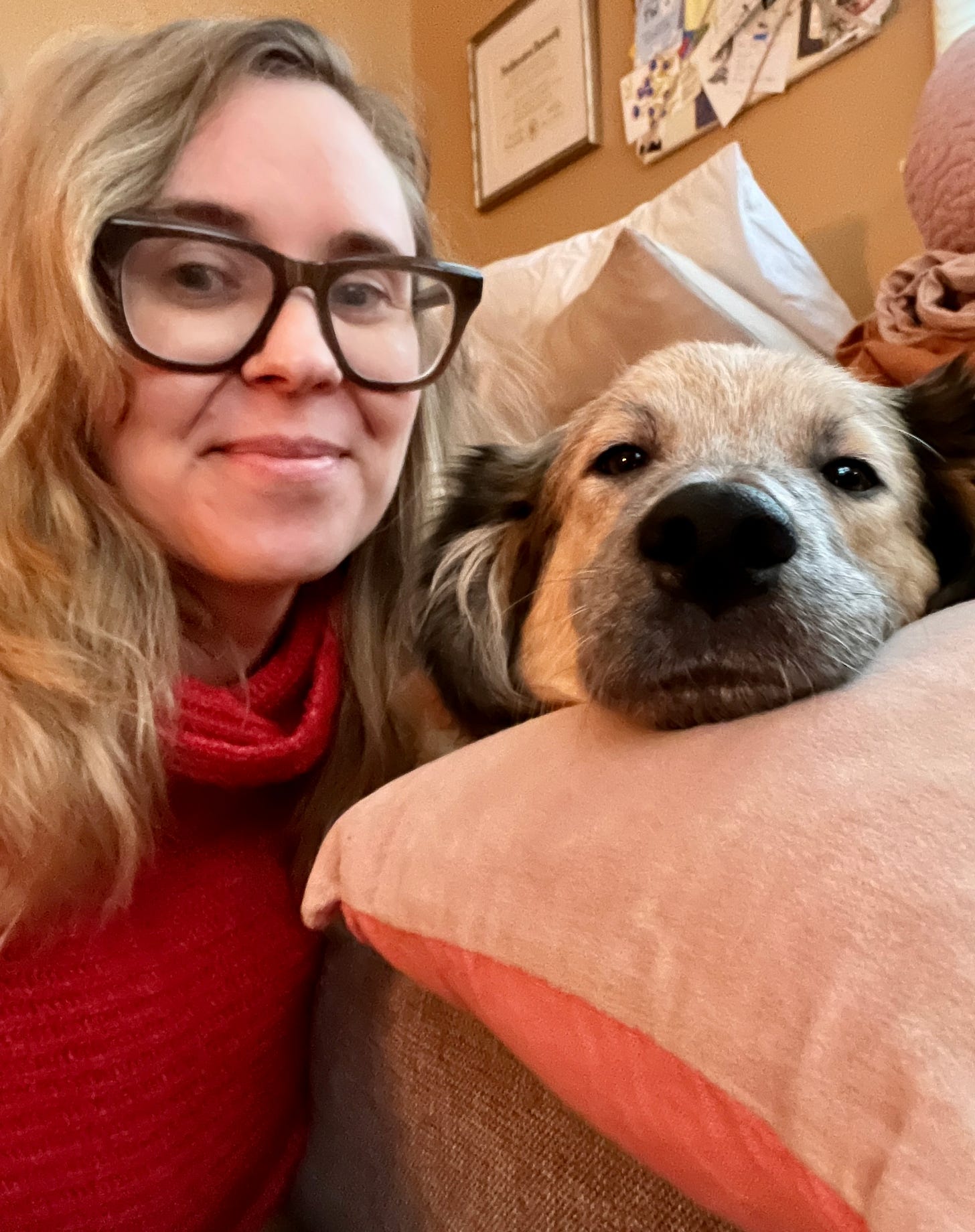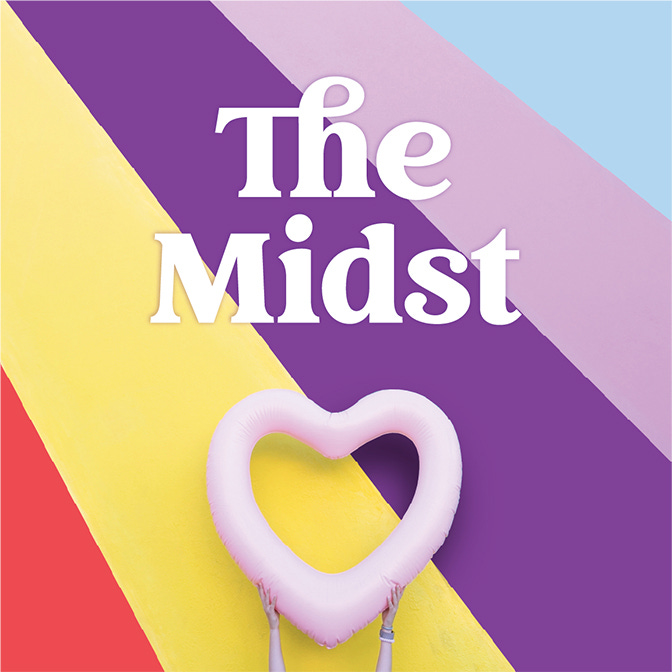Menopause insomnia: 5 tips to get better sleep
By Emily Ornberg
We spend a third of our lives asleep. Whether we avoid it, can’t get enough of it, or dream of not thinking about it at all, sleep is essential to our survival, just as much as food, water, and air.
Sleep — as you’ve likely noticed — plays a big role in how we feel, too. In fact, studies show that mental health and sleep problems are often linked. Mental health issues are not only shown to contribute to sleep problems; poor sleep itself can trigger and complicate your mental health, too.
Roughly 12 percent of women experience sleep issues. When we get to our 40s and 50s, that number jumps to 40 percent. Perimenopause and menopause, along with its hormonal shifts, can make sleeping difficult. Although common, your specific sleep troubles are individual to your unique situation. Age, genetics, lifestyle, and environment all play a role in getting our Zzzs.
The good news is, people who sleep seven hours a night are happier, healthier, and live longer. Better sleep correlates with improved brain function. One study even found better sleep might lead to more attractiveness. Beauty sleep — it’s legit!
If you’re riding the sleep struggle bus like me, small changes could make a big difference. Here’s what you can do to encourage more restful nights:
Halle Berry and Jill Biden join the menopause awareness movement
Of course they did. On January 11, FLOTUS led a roundtable about menopause awareness and research with Halle Berry in Chicago.
Dr. Pauline Maki, a leading researcher on menopause, talked about her work: the impact of sex steroid hormones, such as estrogen, on cognition, mood, brain function, and stress in women during menopause, pregnancy, and throughout the menstrual cycle.
Read more in The Chicago Sun Times.
Meet Gretchen, our new managing editor!
I’m a writer, Gen Xer, mother to Pączki the dog, gluten-free baker, listmaking fanatic, feminist, and deep breather. Lately, I’m on a journey of managing chronic illness and rehabbing a 100-year old Chicago bungalow with my artist husband Rob Funderburk. I think a lot about women’s invisible labor and why so many clothing items lack pockets. Animals are my people and vulnerability is my jam.
During and post-college, I discovered feminist publications like Bitch, Bust, and (Midst founder Amy Schroeder’s) Venus Zine, and my little weirdo, Catholic-raised, Midwest white-girl perspective was forever altered. In the pages of those offbeat, snarky mags about feisty, diverse, angry, talented women, I saw parts of myself I’d never been able to articulate. I followed that instinct and eventually contributed to all three mags as a writer or editor.
I’m in awe of the women in my life; I'm also acutely aware of the burdens society places on them/us: (you know, the America Ferrara Barbie speech). In midlife, I see a lot of women around me asking the big questions, “Wait, what do *I* want?” and “How do I finally figure out how to take care of myself?”
At The Midst, where our goal is to empower midlife women, we publish informative, thoughtful stories about things like pelvic health, job negotiating, giving up the sauce, unblocking creativity, perimenopause, Botox, and more. As Managing Editor, I feel grateful all over again to be part of such extremely cool content where we're normalizing conversation about midlife experience and encouraging women to take deep care of themselves, inside and out.
In a society where that’s not only de-emphasized but frowned on — where, from birth, women are encouraged to give themselves up for others and then in midlife to shut up and shrink away — I find these stories to be REVOLUTIONARY. Even at this problematic moment in time, with so many global problems, I love living in a Gen X–women-led zeitgeist.
Career-wise, I’ve been around the block; working as a culture journalist, writer, copy director and copy manager at magazines, Fortune 20 retail health and medical organizations, and marketing agencies. As the granddaughter of refugees and daughter of activists, I try to make social justice and activism part of my life and was a core organizer of the 2017 Chicago Women’s March. Sometimes I write essays and do literary readings. If I’ve got a core belief, it’s that self-care makes care for others possible.










Emily, I’m so glad I found you. Seems the peri/menopause discussion/advocacy is really heating up. Just this past week I connected with Nina Coslov of Women Living Better, Alisa Kennedy Jones of The Empress Age, and now you. May this movement of bright, powerful women continue to elevate our transitions to the queenly status they deserve! 👏